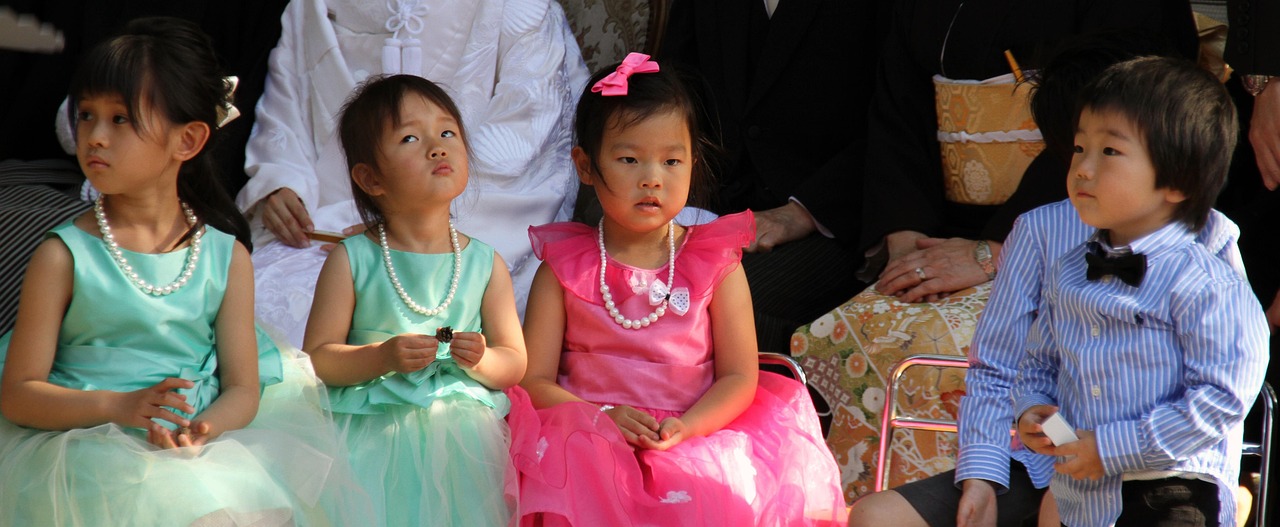Summer camp offers children a structured environment to develop social skills, build independence, and explore new interests. It provides a unique blend of education and recreation that helps campers grow in confidence and resilience. The primary benefit of summer camp is creating opportunities for personal growth through diverse activities and peer interaction.
Many camps focus on outdoor experiences, creative arts, or sports, giving children a chance to discover passions that might not emerge during the regular school year. The immersive setting encourages teamwork and problem-solving in ways typical daily life often does not allow.
Choosing the right camp depends on the child’s interests and the values emphasized by the program. Quality camps balance fun with learning, ensuring that every camper returns home with new skills and memories.
What Is a Summer Camp?
Summer camps offer structured programs where children and teens engage in activities outside of their regular school routine. These programs provide opportunities for learning, socializing, and personal growth during the summer months.
History and Evolution
Summer camps originated in the late 19th century in the United States, designed primarily to give urban children exposure to nature. The first American summer camps appeared around the 1870s, emphasizing outdoor skills, health, and recreation.
Over time, camps expanded to include a variety of activities beyond traditional outdoor experiences. Today, summer camps range from day camps to overnight options and often incorporate specialized programs in arts, sports, or academics.
Types of Summer Camps
There are several types of summer camps categorized by focus and duration. Common types include:
- Day Camps: Children attend during the day and return home in the evening.
- Overnight Camps: Campers stay for several days or weeks.
- Specialty Camps: Focus on specific areas like science, music, or sports.
- Residential Camps: Often located on a large property, offering extensive programs.
- Adventure Camps: Emphasize outdoor survival, hiking, and physical challenges.
Each type of camp offers unique benefits based on the camper’s interests and needs.
Choosing the Right Summer Camp
Selecting a summer camp requires understanding the specific offerings, safety measures, and qualifications of the staff. Identifying these factors helps ensure a secure and enjoyable environment for the child.
Program Activities
The range of activities should align with the child’s interests and developmental level. Camps often offer sports, arts, science, or outdoor adventure programs. Detailed descriptions of daily schedules and activity options provide insight into the camp’s focus.
Parents should verify if activities encourage skill-building or social interaction. Some camps specialize in particular areas such as horseback riding or technology, which can shape the camper’s experience. Flexibility to choose or try new activities can be beneficial.
Safety Standards
Safety protocols are critical, including medical care availability, emergency procedures, and staff-to-camper ratios. Camps should clearly outline policies for allergies, medication administration, and behavioral issues in writing.
Facilities must meet health regulations, and there should be transparency about supervision levels. Checking for recent inspection reports or safety records adds an extra layer of assurance that the camp maintains high safety standards.
Accreditation and Staff Qualifications
Accreditation by recognized organizations indicates adherence to professional standards. Look for camps certified by bodies such as the American Camp Association (ACA).
Staff qualifications, including background checks and relevant certifications (CPR, first aid), are essential. Counselors should also have training in child development and conflict resolution to manage camper needs effectively.


Leave a Reply